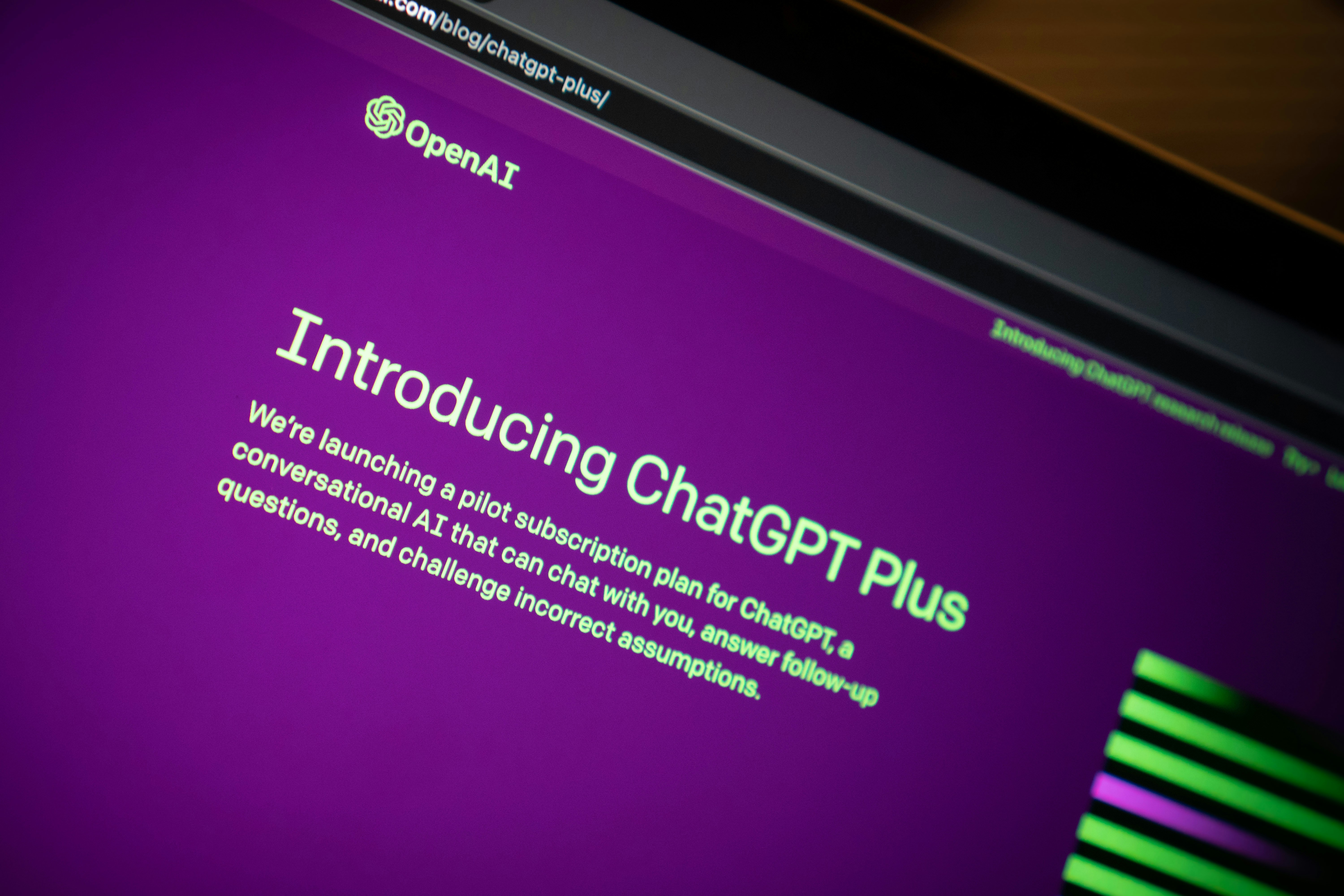🔥 Limited time discount! Use code "HEYFRIEND25" to get 25% OFF at checkout.
13 Sept 2024
As artificial intelligence (AI) becomes an increasingly powerful tool across industries, venture capital (VC) firms stand to benefit from its wide-ranging capabilities. In particular, ChatGPT and newer AI models present exciting opportunities for VCs to optimize workflows, make informed decisions, and improve operational efficiency.
Before we dive into specifics, it’s important to note that this article is not an in-depth technical guide. Instead, it highlights a broad range of areas where AI could potentially support VCs, offering inspiration for those looking to explore how ChatGPT can enhance various aspects of their work. The examples shared here aim to inspire creativity and spark ideas, rather than prescribe a step-by-step implementation process.
With that in mind, let’s explore some of the key areas where AI, particularly ChatGPT, can provide value in the VC world.
1. Due Diligence Acceleration
Due diligence is one of the most critical, yet time-consuming, parts of the investment process. ChatGPT can streamline this by:
• Summarizing reports: AI can help VC firms digest long, complex reports—ranging from market analyses to legal contracts—into concise, actionable insights, allowing investors to focus on the key points without sifting through pages of text.
• Data extraction and validation: ChatGPT can pull key data points from financial statements or business plans, providing quick validation checks and saving hours of manual work.
2. Market Research and Trend Analysis
Staying ahead of industry trends is vital in venture capital. With ChatGPT, VCs can tap into real-time data to identify shifts and emerging opportunities:
• Industry trends: AI can sift through data to identify patterns in technology, consumer behavior, and economic trends that might influence investment strategies.
• Competitor insights: ChatGPT can gather data on competitors, helping VCs spot gaps in the market or new ventures that could offer strategic opportunities.
3. Deal Sourcing and Screening
Finding promising startups and evaluating their potential is central to a VC’s job. ChatGPT can streamline deal flow processes by:
• Automating lead generation: Use AI to automate outreach or create personalized communication with startups, reducing the workload on sourcing teams.
• Deal evaluation: By analyzing key metrics from pitch decks or financial statements, ChatGPT can act as an initial screening tool to flag high-potential deals that align with the firm’s investment thesis.
4. Portfolio Company Support
After investing, VCs often provide strategic guidance and operational support to their portfolio companies. ChatGPT can assist by:
• Operational efficiency: From drafting internal communications to creating marketing materials or investor reports, ChatGPT can help portfolio companies save time on routine tasks.
• Financial analysis: AI models can generate financial projections, explore potential revenue streams, or analyze budgets, making financial planning more accessible for startup founders.
5. Investor Communication and Relationship Management
Maintaining strong relationships with limited partners (LPs) and co-investors is critical. ChatGPT can improve these processes by:
• Automating investor updates: Draft regular updates on fund performance, market changes, or key developments in a consistent and personalized manner.
• Reporting: AI can generate in-depth performance reports, analyzing key metrics and summarizing data in a way that is easy for LPs to digest.
6. Internal Knowledge Management
VC firms accumulate a wealth of knowledge over time. ChatGPT can help manage and utilize this institutional knowledge by:
• Knowledge repository: AI can act as a centralized resource for retrieving insights from past deals, investment strategies, and lessons learned.
• Training new hires: New team members can quickly get up to speed on the firm’s history, best practices, and investment focus through ChatGPT-driven training modules.
7. Legal and Compliance Support
Managing legal and compliance workflows can be complex. ChatGPT can help by:
• Reviewing contracts: AI can review contracts, identify key clauses, and flag any potential risks, which helps streamline the legal due diligence process.
• Staying compliant: ChatGPT can track regulatory updates, helping VC firms remain compliant with relevant laws and regulations.
8. Enhanced Decision Making
Ultimately, the role of a VC is to make investment decisions that generate returns for their investors. AI can augment this decision-making process by:
• Scenario analysis: ChatGPT can run simulations to explore different investment strategies or market conditions, helping VCs understand potential outcomes and risks.
• Data-driven insights: With access to large datasets, ChatGPT can uncover correlations or patterns that might be difficult for humans to detect, offering data-backed insights to inform decisions.
Final Thoughts: AI as an Inspiration for VC Practices
The applications of AI in venture capital, especially with tools like ChatGPT, are vast and continually expanding. While this article is not a step-by-step implementation guide, it serves as an inspirational starting point for VCs looking to leverage AI’s capabilities. Whether through accelerating due diligence, improving deal flow, supporting portfolio companies, or enhancing investor communication, AI holds the potential to significantly streamline and enhance the work of VC firms.
As AI technology evolves, its integration into the venture capital ecosystem will likely transition from an experimental tool to an essential component for maintaining a competitive edge.
